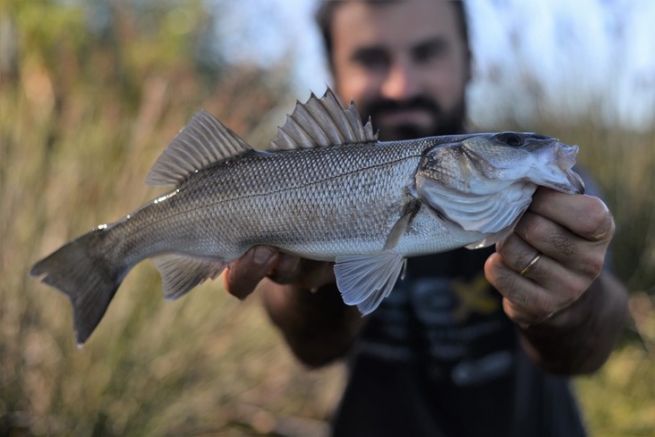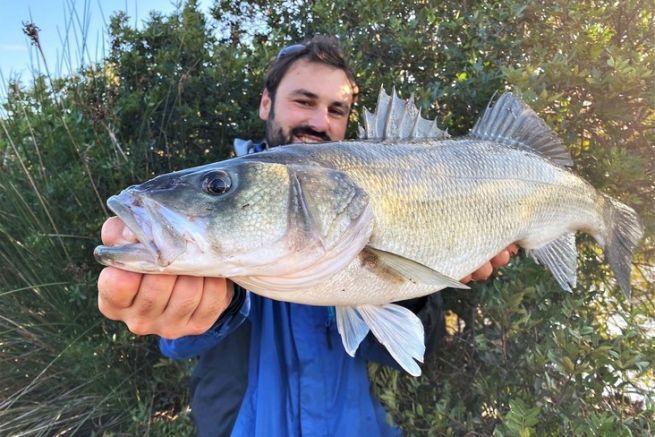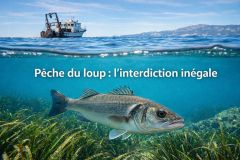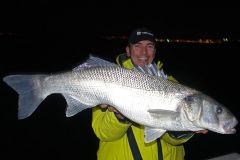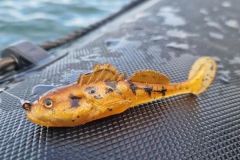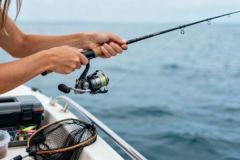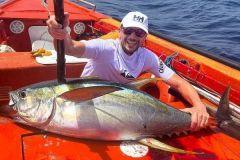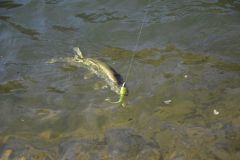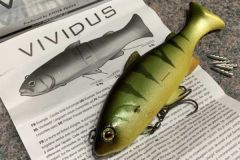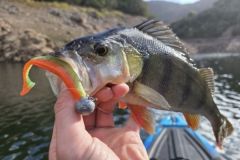Sea bass in freshwater
Many marine fish return to freshwater to spawn and reproduce. This is the case for migratory fish such as salmon, shad and sea trout. Others, less numerous, return to freshwater to find food and shelter. This is the case, for example, of the mullet or the atherina.
Wolves (the name given to sea bass in the Mediterranean) also follow these abundant prey. They don't just stay in the estuaries, they move up into freshwater in the same way. The first time I came across a sea bass in freshwater, I was fishing for trout, so to speak!
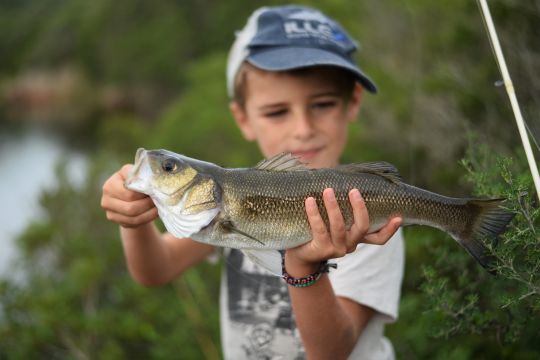
They can travel far inland, sometimes tens of kilometers from the sea, where there is no tidal influence at all. They can even cross weirs and swim among carp and trout... Many books on freshwater fish refer to sea bass as a freshwater fish (like mullets, atherines, flounders...).
Physiological plasticity
The sea bass is one of the rare fish to have the physiological plasticity to evolve both in the sea and in freshwater within a very short adaptation time. Unlike migratory fish such as salmon or sea trout, which require a long adaptation period (several weeks) to evolve in freshwater (body and organism salinity balance).
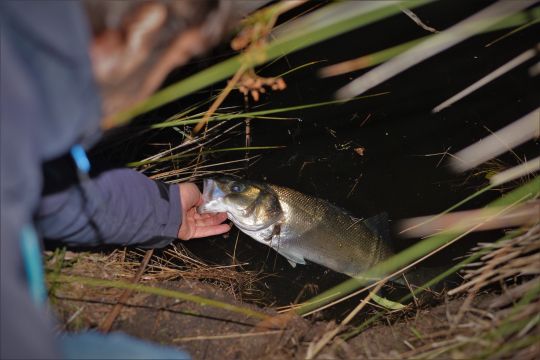
Indeed, physiologically, freshwater and saltwater fish are very different. Freshwater fish have a higher internal salinity than river water. Through a phenomenon known as osmosis (the difference in osmotic pressure between water and fish; osmotic pressure corresponds to the quantity of chemical elements dissolved in water, including salt), water tends to enter the fish's body via its gills, thus facilitating respiration. Conversely, marine fish have a lower internal salinity than seawater. They therefore tend to "empty themselves of water". To compensate, marine fish drink a lot and urinate little to conserve water. To go a step further, freshwater fish drink little (water enters their bodies by osmosis), but urinate a lot, and have very long kidneys...
After this introduction to fish physiology, let's turn our attention to freshwater bass fishing.

 /
/ 